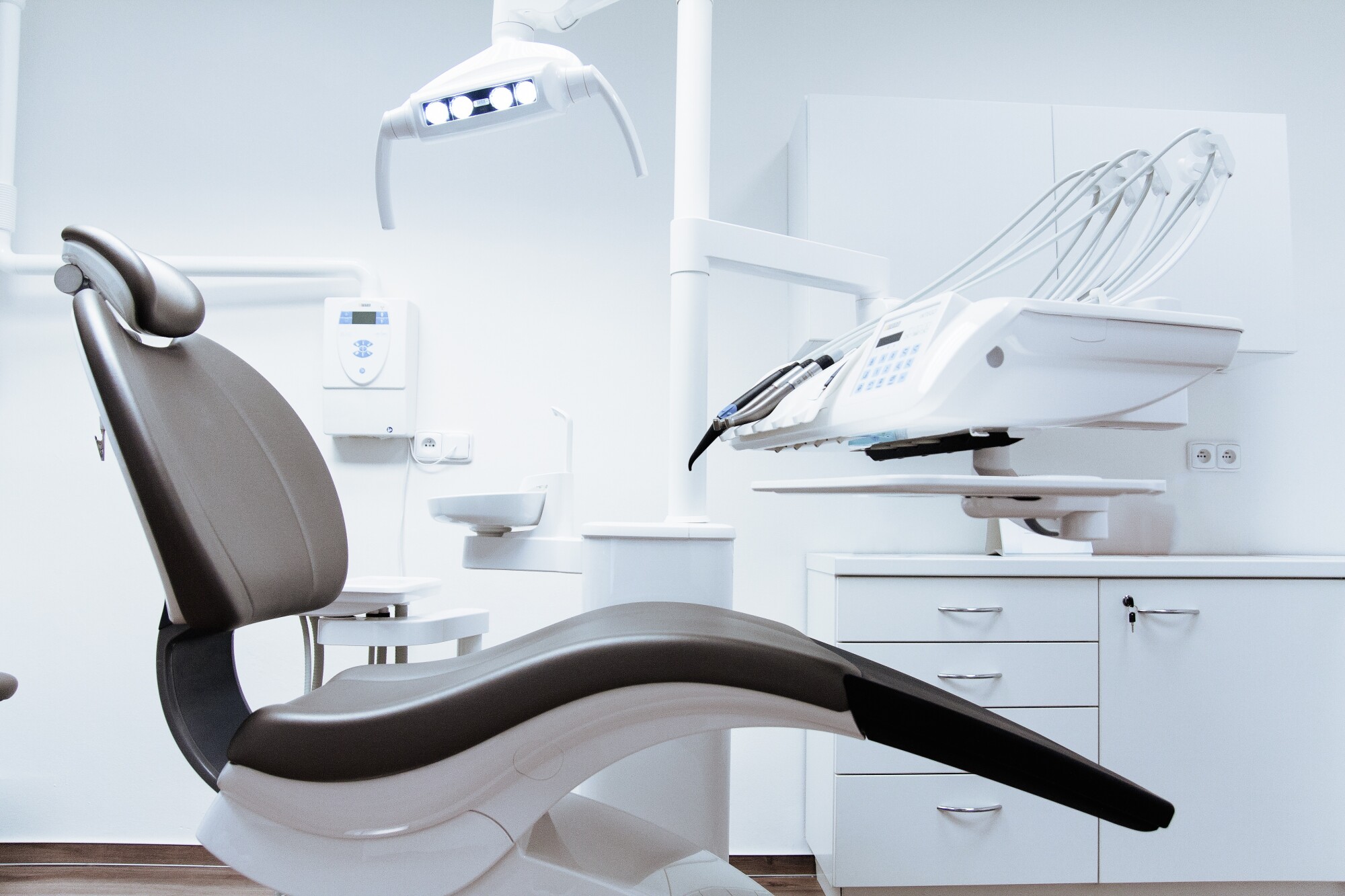Everything You Need to Know Before Getting a Tooth Implant

Are you considering dental implants?
People tend to get anxious about going to the dentist and an implant is a serious procedure that can get people even more worked up than usual.
Getting a tooth implant doesn’t have to be an exercise in blind faith and sedation, however.
If you’re looking to get ready for your dental implant then read on and we’ll show you exactly what to expect before, during, and after your procedure.
What is a Dental Implant?
Put simply, dental implants are screw-in teeth to replace lost or heavily damaged teeth. Since our teeth aren’t self-repairing, cosmetic options are the only way to go. Tooth implants have the added benefit of being functional as well.
The “root” is a screw that goes into the jawbone, while the tooth itself is an artificial construction made to fit.
They’re made of high-quality materials to last a lifetime. That’s what makes them preferable to other cosmetic measures which are used for a broken or missing tooth.
They’re a permanent addition to your mouth so it’s reasonable to be a bit worried.
Hopefully, your dentist has explained the exact procedure to you beforehand, if not you should find out more before you head out.
How Should I Prepare for My Dental Implant?
Preparing for your new dental implant is a good way to make the whole affair easier on yourself.
There are the obvious considerations, of course. Making sure you don’t have anything planned for a few days afterward and that you follow the instructions from your dentist are the biggest ones that come to mind.
There are some other things you can do to make your life simpler in the lead-up.
Meal preparation is a big one that many people forget. You’ll have to eat softer foods for some time after you’ve had the work done so making pasta, eggs, and other soft foods for the first few days while you’re recovering is a golden idea.
You should also make sure you have a ride and dress comfortably when you leave the house. Making both of these preparations ahead of time is much easier than being forced to start making calls and digging for a pair of sweatpants the morning of the procedure.
What Happens During the Procedure?
Like all dental surgeries, implants can look downright terrifying from an outside perspective. After all, there’s bone and cutting and your mouth involved.
Thankfully, the procedure itself is most often done under anesthesia. Your dentist should have gone over the procedure with you in detail before you come in so that there aren’t any surprises.
The exact details of your personal dental implant procedure will differ based on your health, the number of teeth being replaced, and the form of anesthetic used.
Most of the time a single implant can be done under local anesthesia. General anesthesia is used for lengthy procedures that demand the replacement of multiple teeth while sedation can be used for particularly nervous patients or larger procedures.
In any case, the pain during the procedure is likely to be minimal.
Recovering From Your New Dental Implant
The usual complications from oral surgery will inevitably arise. These include pain and swelling in the mouth. You’re likely to receive a script for some type of painkiller when you’re leaving the office.
Without any further complications, you should expect to have at least three days of downtime afterward. Just rest up and let your body work it’s healing magic. With the right painkillers, you’re unlikely to be seriously hurting but chances are you’re not going to feel too hot for those three days.
For swelling in the first couple of days cold therapy is useful. The painkillers should start to get the swelling down but a cold pack is an excellent form of assistance.
For most people, the following days will be uncomfortable rather than outright painful. It’s not going to be the greatest week of your life, but once you have that new tooth solidly in you’d be surprised at how much better you feel.
This is why meal preparation before the procedure is important. It minimizes the time you’ll have to spend prepping and cooking food. Soft foods are all you should eat until the discomfort has entirely left.
As long as you’re careful and gave yourself enough time to fully recover you’ll barely notice the procedure was done at all within a couple of weeks.
Can Dental Implants Fall Out?
Ideally, an implant should last for a lifetime. Provided the procedure was done correctly and proper aftercare measures are taken this kind of complication is very rare.
However, there have been cases where implants have failed. These generally aren’t due to improper installation, but instead, result from changes in the patient’s health.
While implants aren’t a new procedure they’ve become increasingly common. That’s good for both your wallet and the future of your implants. Studies are now being done to determine the longevity of the average implant and methods for restoration in the event of failure.
One of the most common culprits is bone density loss in the jawbone, which can cause the fusing process an implant undergoes during healing to failure.
In any case, if your implant is causing pain or discomfort after it’s been healed then you should see your dentist immediately.
Getting a Tooth Implant Isn’t Hard
Compared to the sheer variety of different procedures out there, implants are a relatively benign way to restore your whole smile. There’s no reason to be nervous if you’re getting a tooth implant, just follow instructions and it will all turn out just fine.
It’s time to enjoy a full, unbroken smile again. Follow our guidelines and the whole procedure is sure to be a positive one.
If you’re looking to learn more about your health and wellbeing, then check out our collection of useful tips.



